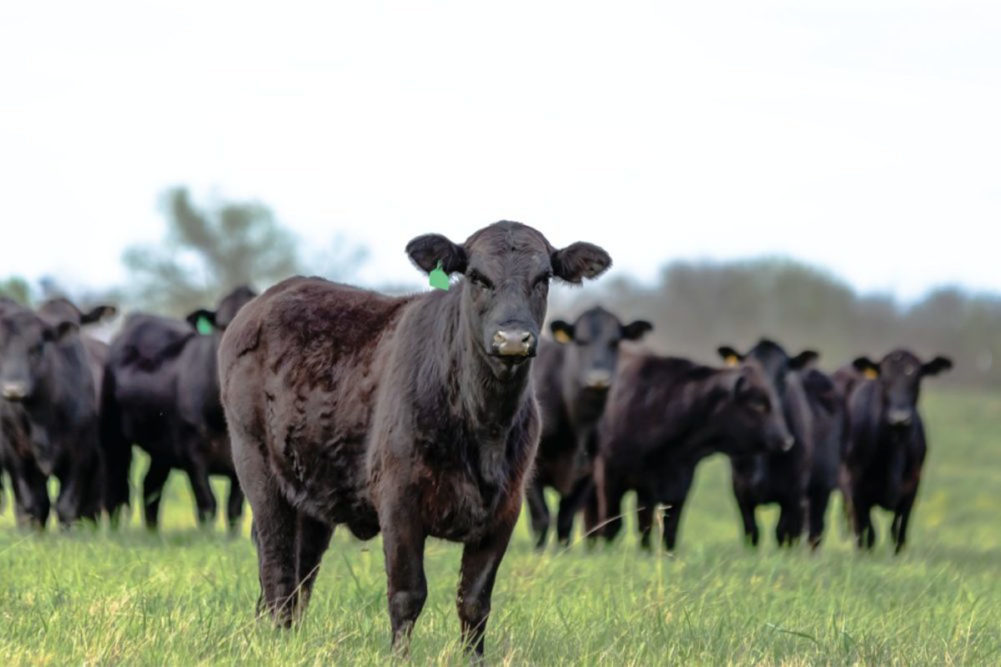WASHINGTON — The US Department of Agriculture (USDA) and Agriculture Secretary Tom Vilsack provided the latest information on Oct. 25 regarding the Organic Livestock and Poultry Standards (OLPS) final rule.
The agency explained that the OLPS rule would promote a fairer and more competitive market for organic livestock producers by making consistent standards for organic livestock and poultry production.
“USDA is creating a fairer, more competitive and transparent food system,” Vilsack said. “This organic poultry and livestock standard establishes clear and strong standards that will increase the consistency of animal welfare practices in organic production and in how these practices are enforced. Competitive markets help deliver greater value to all producers, regardless of size.”
During the public comment period for this rule in 2022, the USDA received more than 40,000 comments. The agency also held a listening session in August 2002 to hear more public comments on the proposed rule.
According to the USDA, the OLPS will improve uniformity with animal welfare practice requirements for organic livestock and poultry and promote their well-being and natural behaviors.
Six key areas were outlined for the standards of the final rule:
- Outdoor space requirements: OLPS sets minimum outdoor space requirements for organic poultry and requires ready access to the outdoors. Outdoor areas must be at least 75% soil and include vegetation to the degree possible.
- Indoor and outdoor living conditions: Shelters must have sufficient space for livestock to lie down, stand up, turn around, fully stretch their limbs or wings and express natural behaviors, such as rooting in pigs and scratching in chickens. Bedding areas must be sufficiently large and comfortable to keep livestock hygienic (for the species), dry and free of lesions.
- Poultry stocking densities: The rule sets specific requirements for indoor and outdoor stocking densities to align with advisory board recommendations, third-party animal welfare standards and public comments from organic stakeholders.
- Preventative health care practices: Producers must maintain preventative health care practices that include sufficient nutrition and comprehensive parasite prevention plans. Animals must be treated with allowed medicines to minimize pain, stress and suffering. All necessary treatment must be administered, even if the animal loses its organic status.
- Physical alterations and euthanasia: Physical alterations are permitted only for identification purposes or the safety of the animals, and certain alterations are prohibited altogether. Alterations must be performed at a young age for the species and in a manner that minimizes the animal’s pain and stress. Humane euthanasia may only be used if treatment is not an option.
- Transport, handling and slaughter: Operations must describe how organic management and animal welfare will be maintained for transport that exceeds eight hours. Animals must be fit for transport. The mode of transport must be seasonally appropriate to protect livestock from cold or heat. Operations must adhere to USDA’s Food Safety and Inspection Service (FSIS) humane slaughter standards.
The agency said its National Organic Program will oversee the implementation and enforcement of the new standards to support growth of the organic livestock market.
Following the announcement, the Organic Trade Association (OTA) praised the USDA's decision to strengthen animal welfare standards for organic products.
“The organic sector and organic consumers have been clamoring for stricter animal welfare standards for 20 years now, and the OTA and its members have spearheaded that fight,” said Tom Chapman, chief executive officer of the OTA. “These new standards not only create a more level playing field for organic producers, but they ensure consumers that the organic meat, poultry, dairy and eggs they choose have been raised with plenty of access to the real outdoors, and in humane conditions.”
In January, the USDA National Organic Program (NOP) issued the Strengthening Organic Enforcement (SOE) Act, which also provided new enforcement of the organic industry.


